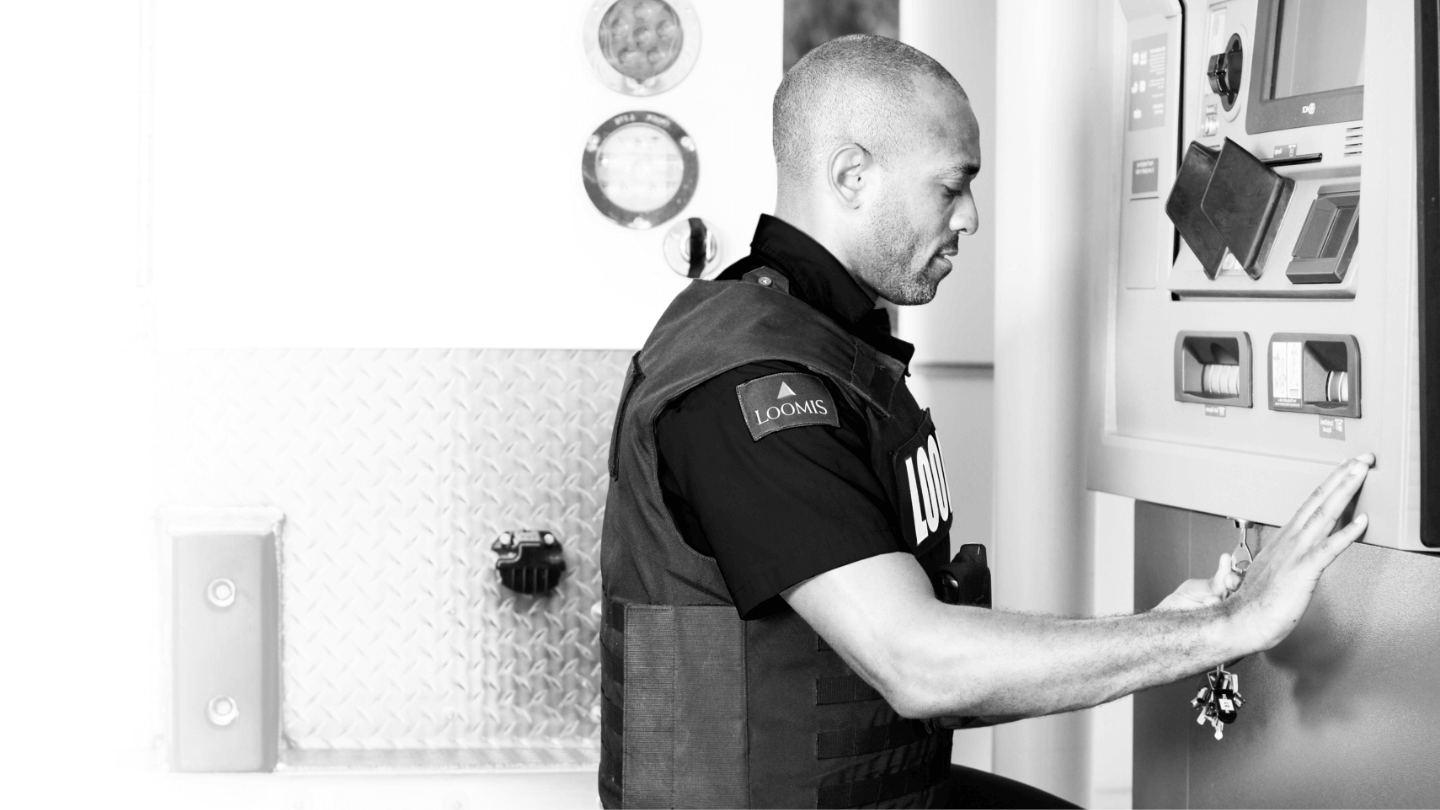Five reasons cash is here to stay

You may have seen signs popping up in small businesses indicating they are a “cashless establishment.” But why? Some businesses are shying away from a proven and safe payment method and excluding certain customer demographics with the perception that it will be safer and more efficient for their business.
As an industry-leading provider of cash management solutions and an active supporter of all payment forms, we know a thing or two about cash and its time-tested and proven benefits as a payment method.
Cash and innovation go hand-in-hand
Companies that deal in cash are not anti-innovation, despite what some think. Offering consumers various ways to pay based on preference is a key way to ensure you appeal to buyers from all generations and socioeconomic backgrounds. At Loomis, we design cash management solutions to be user-friendly and scalable for businesses of all sizes and cash volumes, so integrating the right product into a multi-payment-method operation is a worthwhile and easy business investment.
Unrivaled privacy
Something cash offers that other payments never will is guaranteed privacy. Cash is private, secure, and durable—especially in emergency situations (power outages, natural disasters, etc.). Using cash eliminates the security risks associated with bank accounts and credits cards, such as data breaches and identity theft.
Cash is inclusive
From a business owner’s perspective, excluding certain consumer groups is never a good idea. Some people prefer to pay with cash for various reasons—they may live in an underbanked area, their financial or credit situation may limit their options, and others simply prefer the privacy and lower risk of information hacking that come with using cash.
The inclusivity of cash has even initiated new laws in recent years. In 2018, Washington DC, Connecticut, New York City, New York State, Michigan, Oregon, St. Louis, and Wisconsin introduced bills that prohibit merchants from discriminating against cash-paying customers.1 And last year, New Jersey, Philadelphia, Rhode Island, and San Francisco followed suit with their own laws banning cashless businesses.2
Simplicity is key
With cash, what you see is what you get. It’s 100% taken for face value, and completely free to transfer from one party to another. There are no hidden fees for the user or the business accepting it, and no risks.
“Cash can live together in the payments ecosystem with other non-cash payments,” says McKay Barnes, Executive Vice President of Business Development at Loomis. “While electronic payment costs are made up of mainly fees, the cost of cash is mostly made up of operation opportunity cost and float. Automation can only solve for cash and its next-highest cost, which is float.”
No agreements or obligations for businesses
Every dollar counts when you’re running a business, especially a small or local startup. Cash is a free payment to use—it requires no agreement with a private company that will set terms and restrictions for accepting other forms of payment like credit and debit cards or mobile payments. Not to mention, avoiding a 3% charge on all credit card transactions can really add up to make a big difference for small businesses operating on tight margins.
If you’re considering integrating a cash-handling solution into a multi-payment-method operation, Loomis can help. “Choosing the right hardware, processor, and POS for accepting electronic payments can be overwhelming but not impossible,” says Barnes. “We have many partnerships and trusted providers that can help you get started in accepting all forms of payments with reduced fees and operating costs.”
1. Cashless Retailers Prohibition Act of 2018
2. Cashless Retailers Prohibition Act of 2019
Find out how we can help with your cash management.
Contact Us